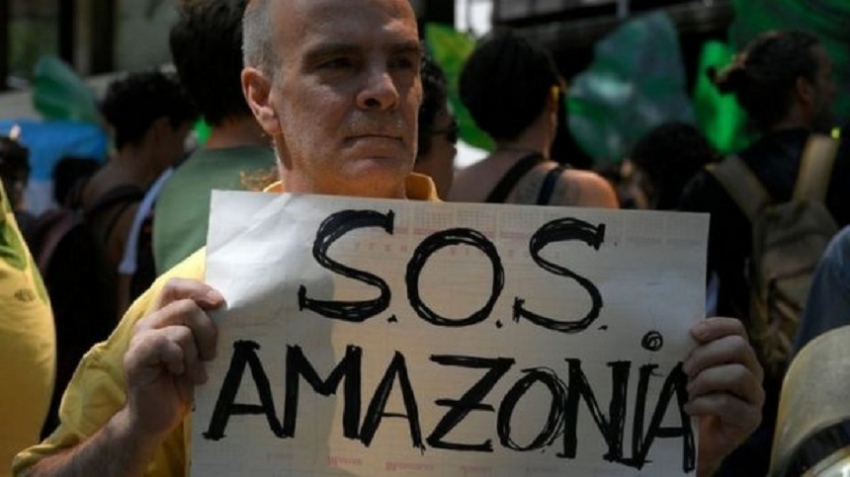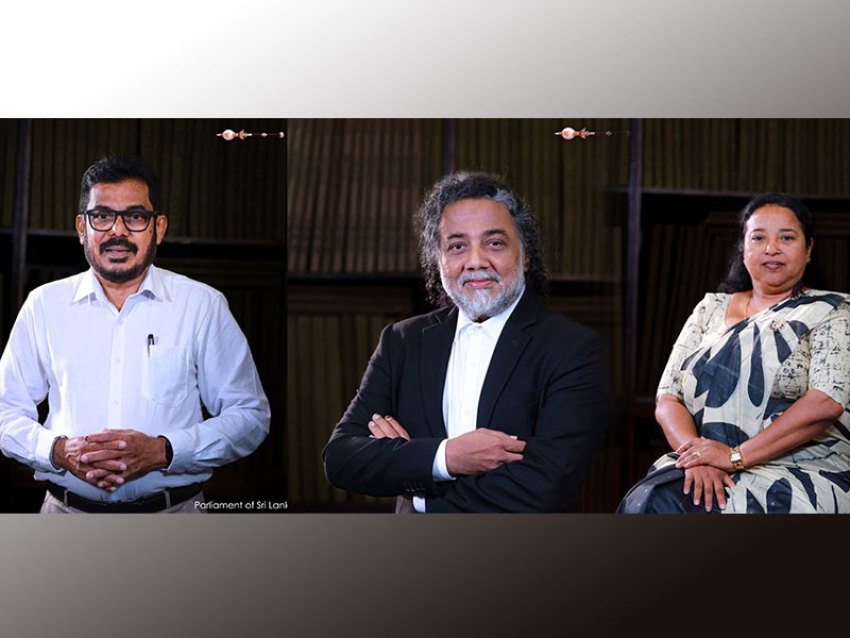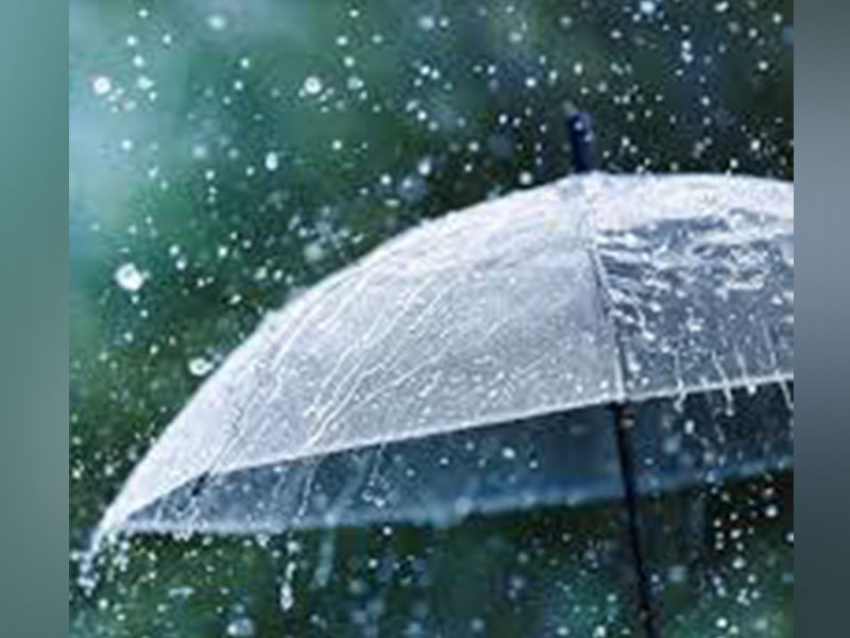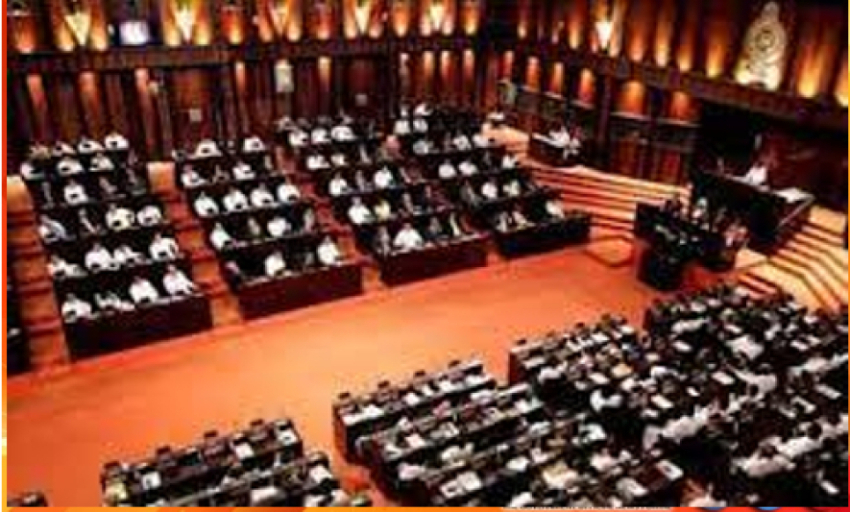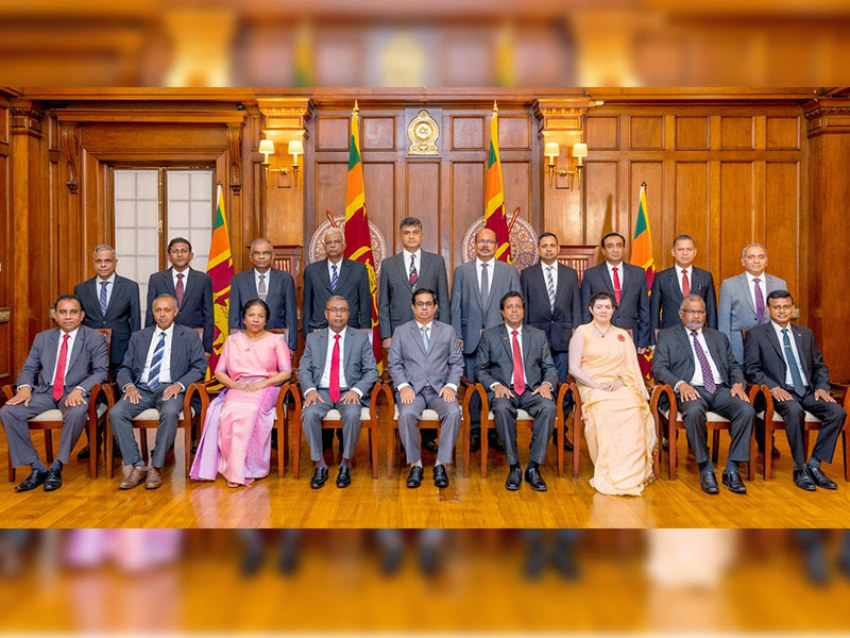Brazil's president has ordered the armed forces to help fight a record number of forest fires in the Amazon. A decree issued by President Jair Bolsonaro authorises the deployment of soldiers in nature reserves, indigenous lands and border areas in the region. The announcement comes after intense pressure from European leaders.Mr Bolsonaro has criticised the reaction of other nations, insisting wildfires "cannot be used as a pretext" for punitive sanctions.It came after France and Ireland said they would not ratify a huge trade deal with South American nations unless Brazil does more to tackle blazes in the Amazon.
Many of the fires are thought to have been started deliberately, with suspicion falling on farmers who may benefit by having more available land.Mr Bolsonaro has declared support for the clearing of areas of the Amazon for agriculture or mining and he has faced heavy criticism from experts and campaigners who say his administration has given a green light to rainforest destruction.
Mr Bolsonaro also faces the possibility of international sanctions. Finland's finance minister has already called on the EU to consider banning Brazilian beef imports.In a televised address to the nation on Friday, Mr Bolsonaro agued that forest fires "exist in the whole world" and "cannot serve as a pretext for possible international sanctions".
Environmental groups held protests in cities across Brazil on Friday to demand action to combat the fires, and protesters also gathered outside the Brazilian embassies around the world.The largest rainforest in the world, the Amazon is a vital carbon store that slows down the pace of global warming. It is known as the "lungs of the world" and is home to about three million species of plants and animals, and one million indigenous people.
What are the new measures?Mr Bolsonaro in his televised address confirmed that he had authorised the armed forces to help fight the fires. "I've learned as a military man to love the Amazon forest and I want to help protect it," he said. The decree itself was fairly vague in its wording, but specified that the military would be deployed to nature reserves, indigenous lands and border areas in the region.
The deployment of soldiers would be left down to regional governors who can request "preventive action ... against environmental crimes" and ask the army to "survey and combat fire outbreaks", it said.Defence Minister Fernando Azevedo e Silva is to oversee the order and will be responsible for allocating resources, it stated. The order initially authorises action for a month, from 24 August to 24 September.
Media captionOne campaigner called the forest fires a "vicious cycle"
What else have leaders said? Mr Bolsonaro has faced deepening international criticism for his handling of the fires. German Chancellor Angela Merkel, French President Emmanuel Macron and UK Prime Minister Boris Johnson have called the fires an international crisis.
German Chancellor Angela Merkel, French President Emmanuel Macron and UK Prime Minister Boris Johnson have called the fires an international crisis.Ms Merkel called it an "acute emergency" and Mr Macron tweeted: "Our house is burning." Both said the issue must be discussed at this weekend's G7 summit.
Amazon: Lungs of the planet
UN Secretary-General Antonio Guterres tweeted on Thursday: "In the midst of the global climate crisis, we cannot afford more damage to a major source of oxygen and biodiversity. The Amazon must be protected." President Donald Trump said that he spoke to President Bolsonaro on Friday evening. "I told him if the United States can help with the Amazon Rainforest fires, we stand ready to assist!" Mr Trump tweeted.
How has Mr Bolsonaro responded? Brazil's president has hit back at criticism and accused leaders such as Mr Macron of meddling for "political gain".Earlier this week, he even suggested that non-governmental organisations had started fires in the rainforest - despite admitting he had no evidence for this claim.
Media captionPresident Bolsonaro accuses NGOs of starting Amazon wildfires
In his Friday television address, Mr Bolsonaro criticised those spreading "baseless information" about Brazil's commitment to preservation, insisting the country had "modern legislation" to protect most of its forest.
"We need to bear in mind that more than 20 million Brazilians live in that region," he said. "We need to give opportunity for development. It's not only about protection." He also described the wildfires as within an "average" range for the last 15 years."We are in a traditionally hot and dry season, with high winds, when every year we have wildfires," he said. "In hotter years, wildfires are more common."
How bad are the fires?Satellite data published by the National Institute for Space Research (Inpe) has shown an increase of 85% this year in fires across Brazil, most of them in the Amazon region.Mr Bolsonaro has brushed off the latest data, arguing that it was the season of the "queimada", when farmers burn land to clear it before planting. But Inpe has noted that the number of fires is not in line with those normally reported during the dry season.Wildfires often occur in the dry season in Brazil but they are also deliberately started in efforts to illegally deforest land for cattle ranching.
Conservationists say Mr Bolsonaro has encouraged loggers and farmers to clear the land. During his campaign, he pledged to limit fines for damaging the rainforest and to weaken the influence of the environmental agency.US space agency Nasa, meanwhile, has said that overall fire activity across the Amazon basin this year has been close to the average compared to the past 15 years.
Amazon rainforest fires: Ten questions answered
23 August 2019
Inpe said it had detected more than 72,000 fires so far this yearSwathes of the Amazon rainforest in Brazil are burning at a record rate.On Monday, the sky in São Paulo blackened due to smoke drifting from the fires 2,700 km (1,700 miles) away. Politicians and environmental activists are taking a stand against Brazilian President Jair Bolsonaro, blaming the fires on his policies.
But it's a complex story, and online discussion of it has been riddled with misinformation, misleading photos and errors. To fill in the gaps and bust some common myths, we asked you to send us your questions on the Amazon fires. We chose a sample of the many questions we received and where we didn't know the answer, we enrolled the experts.
1) Why are there fires? Is it Bolsonaro's men doing it to clear rainforest for mining/farming etc? - Alex
Brazilian journalist Silio Boccanera argues that some fires at this time of year - the dry season in Brazil - are to be expected. But many of the fires burning through the Amazon are believed to have been started deliberately.President Bolsonaro has not condemned deforestation and supports clearing the Amazon for agriculture and mining."So it's a combination of natural phenomena with locals feeling comfortable enough to do it because the government has not made any effort to prevent it," Mr Boccanera says.
He thinks that smaller groups of people are more responsible for starting the fires than big corporations selling beef and soy, which could run the risk of being boycotted.Although the big corporations are not innocent, they are better informed, he says.But smaller groups - who benefit from destroying areas of the forest for farming - have gone ahead because they have not been stopped by authorities, Mr Boccanera explains.Although deliberate fire-starting has always been a problem, it has never been seen to this extent. Mr Boccanera says perpetrators now know that if they are caught, they won't be punished.
2) The number of fires seems like a bad metric, because the size of fires varies. Is there year-on-year data on the total area affected? - Peter
This is a fair point - Brazil's satellite agency found there's been an 84% increase in the number of fires compared with the same period in 2018. It detected more than 74,000 fires in Brazil between January and August - the highest number since records began in 2013. Most of those were in the Amazon.
But does this mean more land is being burned? After all, we could be looking at 74,000 tiny fires.The truth is we don't know yet, but the evidence points towards more land being consumed.We don't have the full picture at the moment, partly because many fires are still burning. We asked Copernicus, the European Union's earth observation programme, and they said the best way to assess how destructive these fires are is to look at how much carbon dioxide is being released.So far this year, the equivalent of 228 megatonnes has been released, according to the Copernicus Atmosphere Monitoring Service. This is the highest level since 2010.At some point in the future, there should be more detailed satellite information about how much land had been burned, but that information isn't available yet.
3) What's being done to stop the fires? - Paul
President Bolsonaro is coming under growing political pressure to end the burning of the Amazon - France's President Emmanuel Macron has even threatened to scrap a huge trade deal between the European Union and South America as a result.But warnings by themselves don't put out fires. There do seem to be some signs, however, that Brazil's government is taking action on that front.
In graphics: How bad are the Amazon fires?Mr Bolsonaro says he is calling in the armed forces, who have more resources to tackle the fires, including the use of helicopters and aeroplanes to drop water.However, journalist Silio Boccanera says that he considers this "just talk".Mr Boccanera says he believes the attitude at the top of government needs to change. Before, people believed deforestation needed to be prevented. But now "people are burning without fear", he says.
4) The coverage on this subject has only come to light recently because of the #PrayforAmazonas and #PrayforAmazonia hashtag. Why have you not reported it? - Jake
We and other news outlets have published several reports in recent weeks about the extent of deforestation in the Amazon - here's one report we wrote on 2 July, another from 20 July and another from 2 August.But the extent of the fires has only recently become clear. It was not even being reported very widely in Brazil.The first real sign vast burning was taking place came when a daytime blackout, caused by smoke from the Amazon, hit Sao Paulo on Monday.We first published an article on Tuesday afternoon, just a few hours after our colleagues at BBC Brasil, and we've kept updating it ever since.
Demonstrations took place in Barcelona against the firesAt 23:29 on Tuesday, we published an article about the new satellite data that was released that day, which for the first time highlighted how serious the extent of the fires was. This article immediately became the lead story on the BBC News website internationally.
The #PrayforAmazonas hashtag was first used about two hours later. This, and others such as #prayforrondonia have become trending topics around the world.5) Is this a natural, healthy way the forest self-clears for new growth? - Lucy
As Lucy suggests, there is a case to be made that some fire-adapted forests benefit from fires - they can help clear the forest and allow trees space to grow stronger.But this is not the situation right now in the Amazon, says Yadvinder Malhi, Professor of Ecosystem Science at the University of Oxford. "These are fires that we are concerned about," he says. The humid forests of the Amazon have no adaptation to fire and suffer immense damage. Almost all fires in humid forests are started by people.
He believes the driving force behind the fire is human rather than natural.While statistics show that 2016 also saw a significant number of fires in the Amazon, this was considered a "drought year"- when there is naturally less rain so the forest is drier and therefore more fire-prone.
But 2019 has not been a drought year. Professor Malhi says there is such a large number of fires because people have lit them.
6) How quickly does the Amazon rainforest regenerate after a fire? - Emily
"The forest takes around 20-40 years if it's allowed to regenerate," says Prof Malhi.But any fires that are currently burning will leave the surviving trees more vulnerable to drought and repeated fires.'Football pitch' of Amazon forest lost every minute
Prof Malhi is worried that if the Amazon is hit by fires every few years large parts of it will shift to a degraded shrubby state."Once you've had multiple fires there's the chance of permanent damage," he says.
7) If this current trend were to continue at its present rate, how long would the Amazon rainforest area survive? - Christopher
"We are at an early stage where we can still do lots to save the forest," says Prof Malhi. About 80% of the Amazon is still intact.But he says that climate change and deforestation are a dangerous combination. A reduction in rainfall would create dry conditions for fires to spread.If 30-40% of the Amazon was cleared, then there would be a danger of changing the forest's entire climate, he says.In the years before 2005, Brazil had an extremely high rate of deforestation.Photos from 2003 showing aggressive deforestation in Brazil"If Brazil were to return to that, it would take around 50-60 years to deforest 40% of the Amazon," Prof Malhi says. "But in eastern and southern Amazonia it would take only 20-30 years to reach that threshold."
8) What percentage of oxygen does the Amazon supply? - Tom
Our colleagues from BBC Reality Check spent most of the day on Friday getting to the bottom of this.Many claim on social media that the Amazon produces about 20% of the world's oxygen. It's widely quoted - by campaign groups and well-known figures, including Emmanuel Macron and footballer Cristiano Ronaldo.But academics say this is a very common misconception, and that the figure is less than 10%.
Oxygen is released by plants during the process of photosynthesis, where sunlight and carbon dioxide are converted into energy in the form of carbohydrates.
A large proportion of the world's oxygen is produced by plankton, explains Professor Malhi. He says of the oxygen produced by land-based plants, about 16% comes from the Amazon.
But this isn't the whole story. In the long run, the Amazon absorbs about the same amount of oxygen as it produces, effectively making the total produced net zero.
Professor Jon Lloyd from Imperial College London says although the Amazon produces a lot of oxygen during the day through photosynthesis, it absorbs about half of it back through the process of respiration to grow. Further oxygen is used up by the forest's soil, animals and microbes.
The fires are also emitting carbon monoxide - a gas released when wood is burned and does not have much access to oxygen.
9) Will the smoke from these fires have an effect on global weather in future months? - David
Prof Malhi says the immediate effect of the fires will be on the climate of South America. Reduced rain fall is likely, leading to a more intensive dry season.
"The carbon emission could contribute to global warming," he adds, but the longer term global impact is "more difficult to pin down".
10) How are these fires affecting the indigenous people? - Samantha
Just this week, 68 fires were registered in indigenous territories and conservation areas, the majority in the Amazon, according to Jonathan Mozower from Survival International, which campaigns for indigenous rights.
"It's hard to overstate the importance of these forests for indigenous peoples," he says. "They depend on them for food, medicines, clothing and a sense of identity and belonging.
But the incentives to steal these resources are high and "sadly it's not a question of one or two rogue actors", Mr Mazower says. He says this could be the "worst moment for the indigenous people of the Amazon" since the military dictatorship, which ended in the 1980s.

